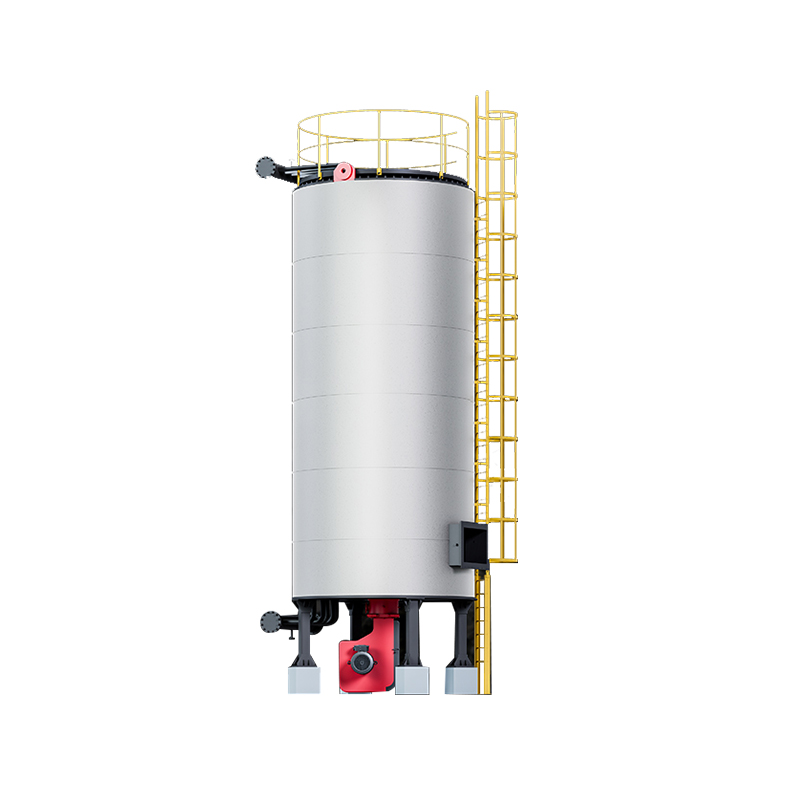+86-17757929999
The Electric Thermal Fluid Heater stands at the forefront of sustainable energy solutions, providing an eco-friendly alternative to traditional fossil fuel-based heating systems. Electric thermal fluid heaters have become a key technology in global efforts to cut carbon emissions and increase the use of renewable energy. These systems deliver efficient, reliable heat while supporting cleaner industrial practices, helping industries and governments meet energy and environmental goals.
Electric Thermal Fluid Heater Market Growth and Trends
The global market for electric thermal fluid heaters is experiencing rapid growth due to increasing industrialization and rising demand for cleaner energy sources. Manufacturing, chemical processing, food production, and power generation sectors are among the largest adopters. Smaller-scale units are also gaining popularity for commercial buildings, hospitals, and green facilities. The flexibility of these heaters allows businesses to scale operations efficiently, maintaining consistent heat output across varying production volumes.

Technological Advancements in Electric Thermal Fluid Heaters
Modern electric thermal fluid heaters incorporate advanced technologies to enhance efficiency, safety, and operational reliability. Innovations include optimized heating elements, improved heat exchanger designs, and advanced control systems for real-time monitoring and adjustment. Many models feature automated control panels that monitor temperature, pressure, and energy consumption, allowing precise adjustments. These technological enhancements reduce energy consumption, lower operating costs, and extend the lifespan of the heater components.
Environmental Considerations and Emission Regulations
Electric thermal fluid heaters offer a sustainable alternative that aligns with global environmental regulations. They produce zero direct emissions, reducing the carbon footprint of industrial operations. The adoption of these heaters contributes to achieving sustainability goals while maintaining operational efficiency. Industries adopting these systems not only comply with emission standards but also enhance corporate social responsibility profiles.
Applications Across Various Industries
The versatility of electric thermal fluid heaters makes them suitable for diverse industrial sectors. In food processing, they provide heat for cooking, sterilization, and drying processes. Pharmaceutical and chemical companies utilize these heaters for sterilization and controlled heating applications. In energy production, electric thermal fluid heaters can supply heat to turbines, contributing to renewable power generation. They are also increasingly used in district heating, supporting urban infrastructure while reducing reliance on fossil fuels.
Future Outlook and Market Projections
The future of electric thermal fluid heaters points toward increased adoption of smart technologies and energy-efficient solutions. Integration with digital monitoring tools, predictive maintenance systems, and AI-driven optimization will enhance operational efficiency and reliability. Research into high-efficiency heaters capable of handling multiple types of thermal fluids is underway, providing industries with flexible and sustainable solutions. The ongoing focus on energy conservation, cost reduction, and environmental responsibility ensures that electric thermal fluid heaters will remain an essential component in industrial energy systems for years to come.
Conclusion
The Electric Thermal Fluid Heater has become a cornerstone of modern industrial energy solutions. Its combination of sustainability, efficiency, and versatility allows industries to meet production needs while minimizing environmental impact. Technological innovations are steadily enhancing the performance, reliability, and integration of these heaters. This progress ensures they will become even more essential for delivering clean, efficient, and dependable heat across a variety of industrial applications.